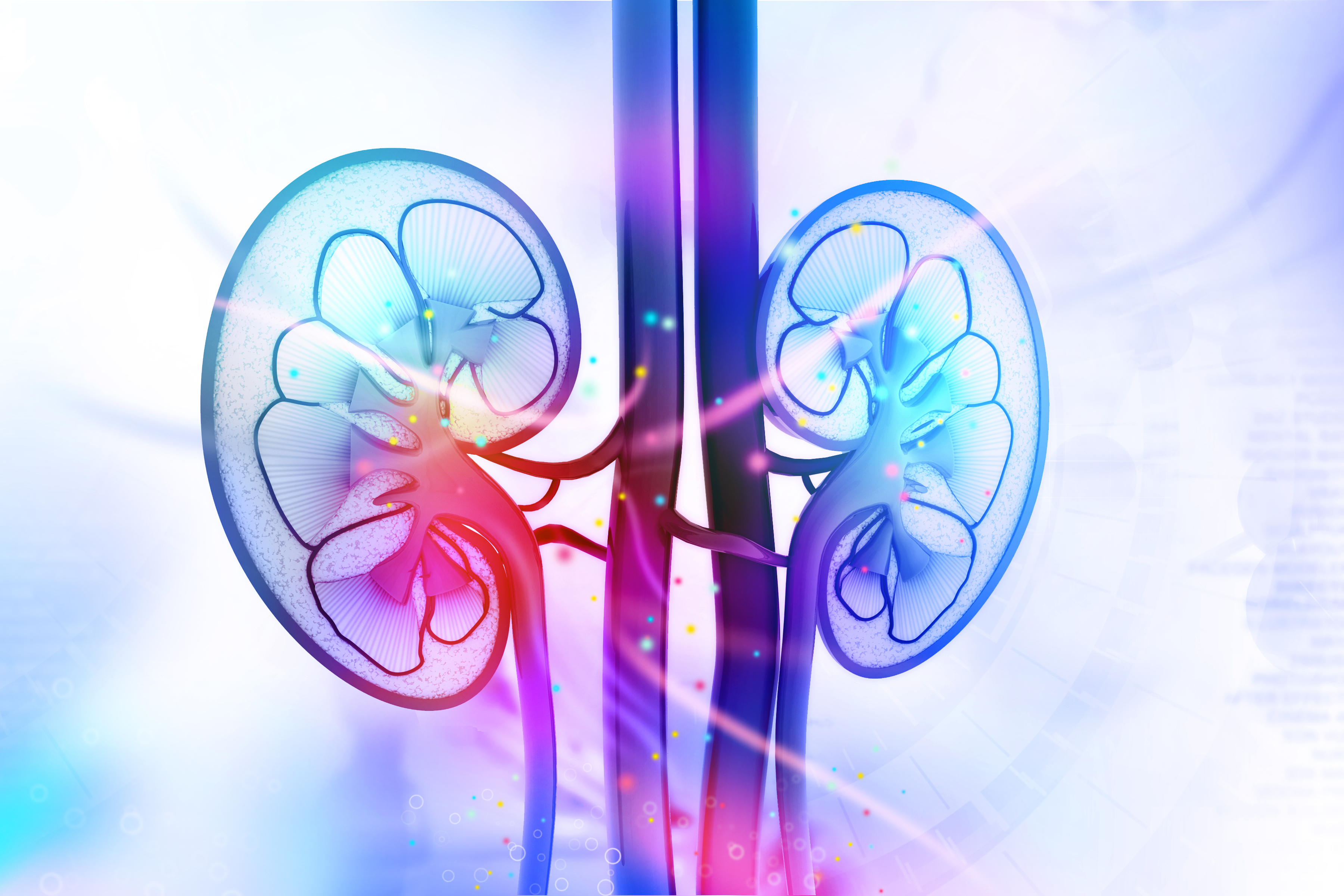Chemotherapy, Velcade, Plus Glucocorticoids May Be Treatment Option for Lupus Nephritis

The cancer drug Velcade (bortezomib) combined with glucocorticoids could be a treatment option for people with drug-resistant lupus nephritis (LN), according to a study published in the scientific journal Lupus.
Scientists showed that the drug combination reduces proteinuria, or excess protein in urine, improves kidney function, and decreases anti-autoantibodies. The team also showed that the drugs were well-tolerated and had only mild side effects.
For the study, “The short-term efficacy of bortezomib combined with glucocorticoids for the treatment of refractory lupus nephritis,” scientists led by Zhihong Liu, MD, analyzed five patients, ages 21 to 43, with drug-resistant LN. Each received four injections of Velcade four days apart over a period of 21 days. The cycle was repeated four times. The patients also received an injection of the glucocorticoid methylprednisolone (brand name Depo-Medrol and Solu-Medrol, among others) for three days, followed by the oral glucocorticoid prednisone for four weeks.
Researchers assessed kidney function by measuring the amount of protein in the patients’ urine, as well as albumin and creatine levels in their blood. They also evaluated the patients’ immunological parameters and watched for any side effects the drug combination might have.
After two to four cycles of Velcade injections, four patients achieved partial remission (measured by decreases in their systemic lupus erythematosus [SLE] disease activity index scores). Protein levels in their urine also decreased, and the level of albumin in their blood increased. Creatine levels were lower in three patients — who had elevated creatine at the start of the treatment. The anti-autoantibodies and complements were improved.
Side effects included transient thrombocytopenia (a short-term low platelet count), gastrointestinal symptoms, and acroesthesia, or increased sensitivity and pain in hands and feet. During a six- to 24-month follow-up, three patients achieved complete remission, and one achieved partial remission. The fifth patient had to receive renal replacement therapy. (Renal replacement therapy could be dialysis or a kidney transplant. The study does not specify.)
The authors concluded that Velcade — a type of chemotherapy — combined with glucocorticoids, could be an alternative treatment option for LN patients. They noted that further studies are needed, with a larger number of patients, to assess the approach’s efficacy and safety.
LN is a recurrent autoimmune disease characterized by kidney inflammation caused by SLE. Drugs that suppress the immune system can be effective in some patients, with remission rates ranging from 30 to 80 percent. However, some LN patients do not respond to drugs, and treating them is challenging for clinicians.






